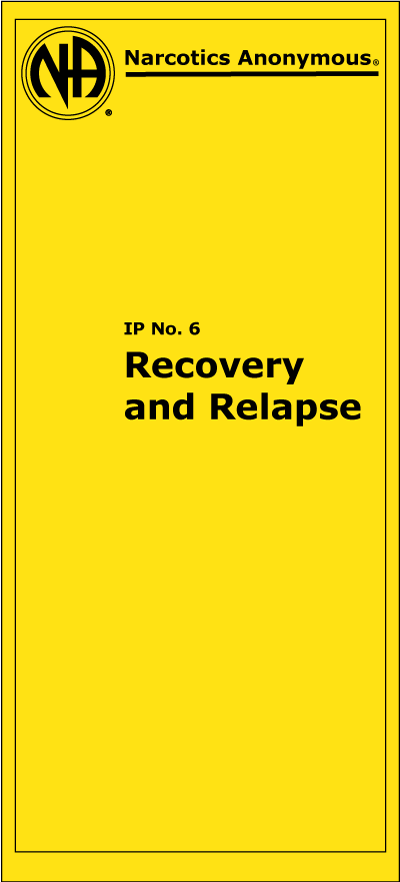In this video Randy Ruply, graduate of Restore and former Program Director, explains the 12 Step Program, it's history, and how we use it. This is information that will benefit everyone, not just the addict. For Randy's personal story forward to time marker 33:44. This is the required volunteer training video.
(925) 532-3775



